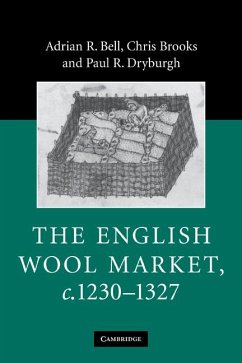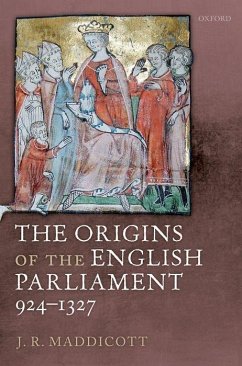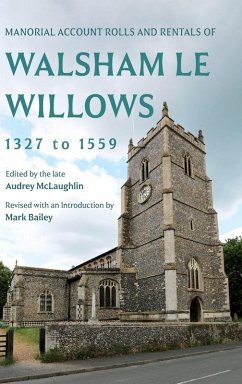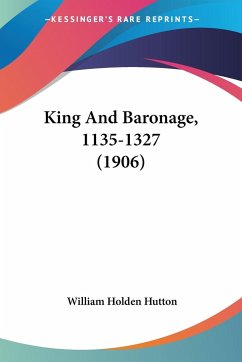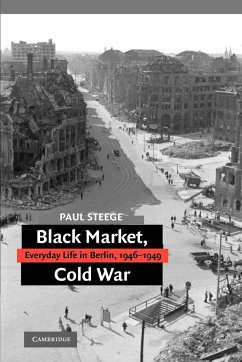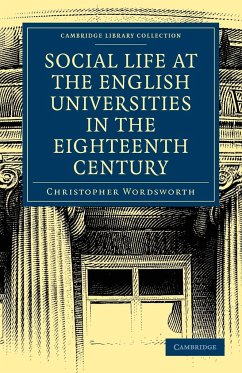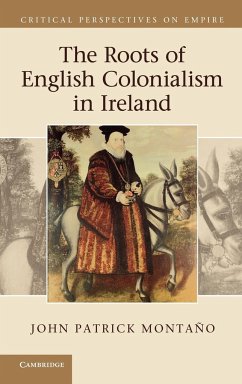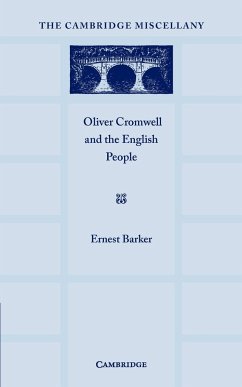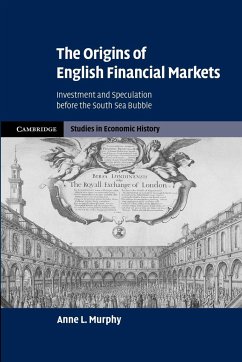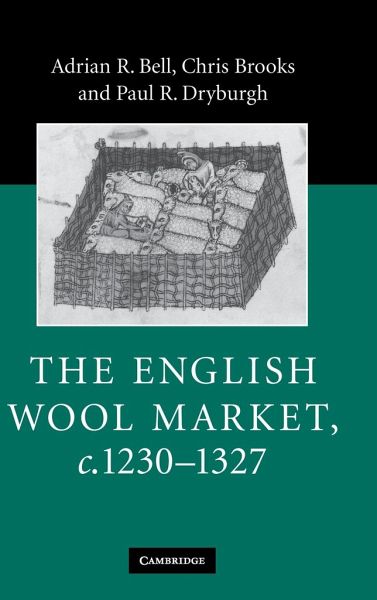
The English Wool Market, c.1230-1327

PAYBACK Punkte
56 °P sammeln!
The wool market was extremely important to the English medieval economy and wool dominated the English export trade from the late-thirteenth century to its decline in the late-fifteenth century. Wool was at the forefront of the establishment of England as a European political and economic power and this volume was the first study of the medieval wool market in over 20 years. It investigates in detail the scale and scope of advance contracts for the sale of wool; the majority of these agreements were formed between English monasteries and Italian merchants, and the book focuses on the data cont...
The wool market was extremely important to the English medieval economy and wool dominated the English export trade from the late-thirteenth century to its decline in the late-fifteenth century. Wool was at the forefront of the establishment of England as a European political and economic power and this volume was the first study of the medieval wool market in over 20 years. It investigates in detail the scale and scope of advance contracts for the sale of wool; the majority of these agreements were formed between English monasteries and Italian merchants, and the book focuses on the data contained within them. The pricing structures and market efficiency of the agreements are examined, employing practices from modern finance. A detailed case study of the impact of entering into such agreements on medieval English monasteries is also presented, using the example of Pipewell Abbey in Northamptonshire.





